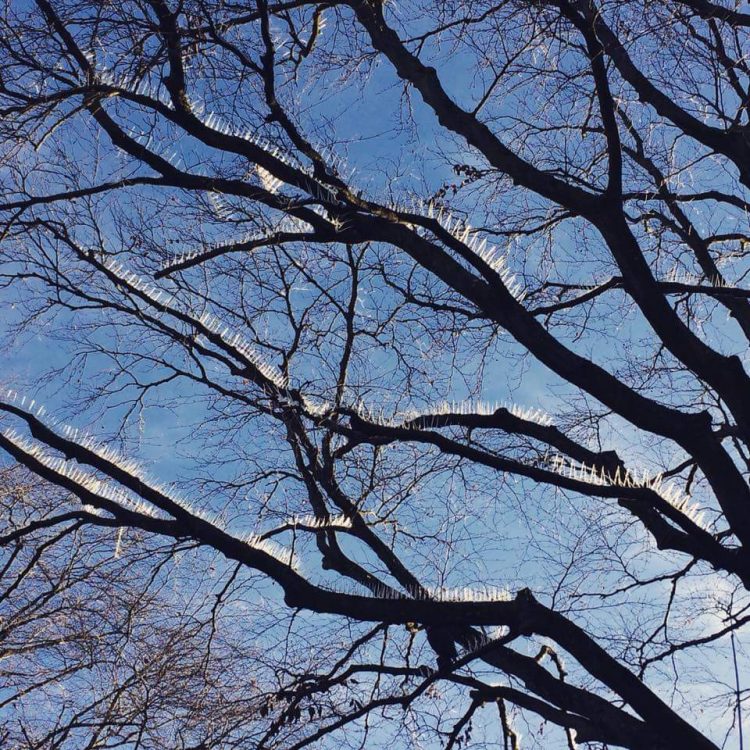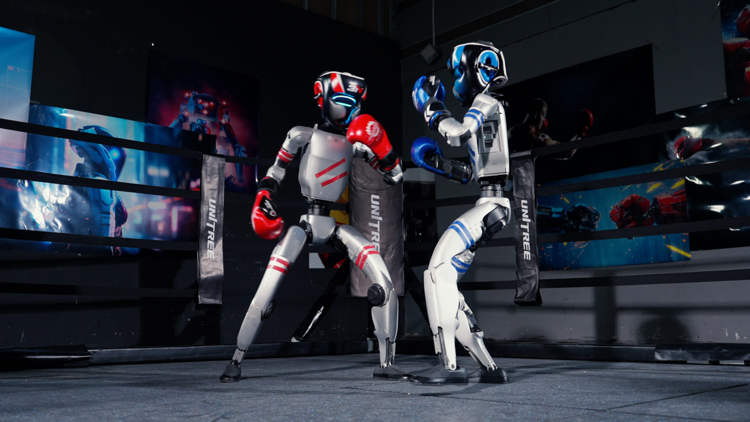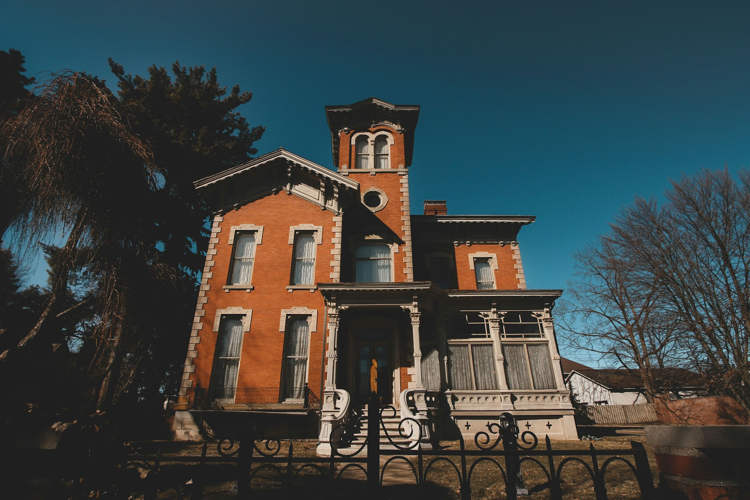Wealthy residents of an elite neighborhood in Bristol, England have installed ‘anti-bird spikes’ on trees in an attempt to protect their expensive cars from bird droppings.
The spikes, which are commonly used to prevent birds from roosting and nesting on building ledges over public sidewalks, were nailed to two trees in the exclusive Clifton area of the city, near the wildlife-rich Downs and the Avon gorge. The use of these spikes in trees has outraged locals and environmentalists alike, with one Twitter user calling it a war on wildlife. The affected trees have been described by a local Green Party councilor as uninhabitable to birds. A spokesperson for Bristol city council, however, said that the trees were on private property, so there was nothing that the local authorities could do to stop them. The spikes had apparently already been in place for several years.

Photo: Jennifer Garrett/Twitter
A resident, who has chosen to remain anonymous, confirmed to The Guardian that the spikes were meant to protect cars from the birds. “The spikes are solely to protect the cars; there is no other reason. There is a big problem with bird droppings around here. They can really make a mess of cars, and for some reason, the birds do seem to congregate around this area. We did try other methods to scare off the birds. I think we had a wooden bird of prey in the branches, but that didn’t seem to do anything.”
Our war on wildlife: now birds are not allowed in trees…?! Pigeon spikes spotted in Clifton, Bristol above a car park. Has anyone seen this before? How is it allowed?!
: thanks to Anna Francis pic.twitter.com/NuG9WvYBMj
— Jennifer Garrett (@JMAGarrett) December 18, 2017
Paula O’Rourke, the Green Part councilor who represents the area, told The Guardian: “I’m aware that the landowner might be legally within their rights to do this to the trees as they seem to be on private land. However, I will be looking into this at the council. Whether allowed or not though, it looks awful, and it’s a shame to see trees being literally made uninhabitable to birds – presumably for the sake of car parking. Sometimes it’s too easy to lose sight of the benefit that we all gain from trees and green spaces and from the presence of wildlife around us in the city.”
wealthy residents have fitted trees with ‘anti-bird spikes’ in a bid to protect their expensive cars from bird droppings https://t.co/hz1thQngj3 pic.twitter.com/K0TlcJCLmg
— Rossalyn Warren (@RossalynWarren) December 19, 2017
“Nature is in trouble and needs our help more than ever. We have all seen recent TV programmes or reports in the media telling us that nature is facing a struggle to survive,” said Jeff Knot, the RSPB’s head of nature policy. “In fact, the recent State of Nature report highlights that more than half of all wildlife in the UK has declined over the past 40 years. Instead of looking at ways we can force nature into an ever smaller space, we should look at how we can live alongside wildlife and help give it a home in our villages, towns, and cities.”






